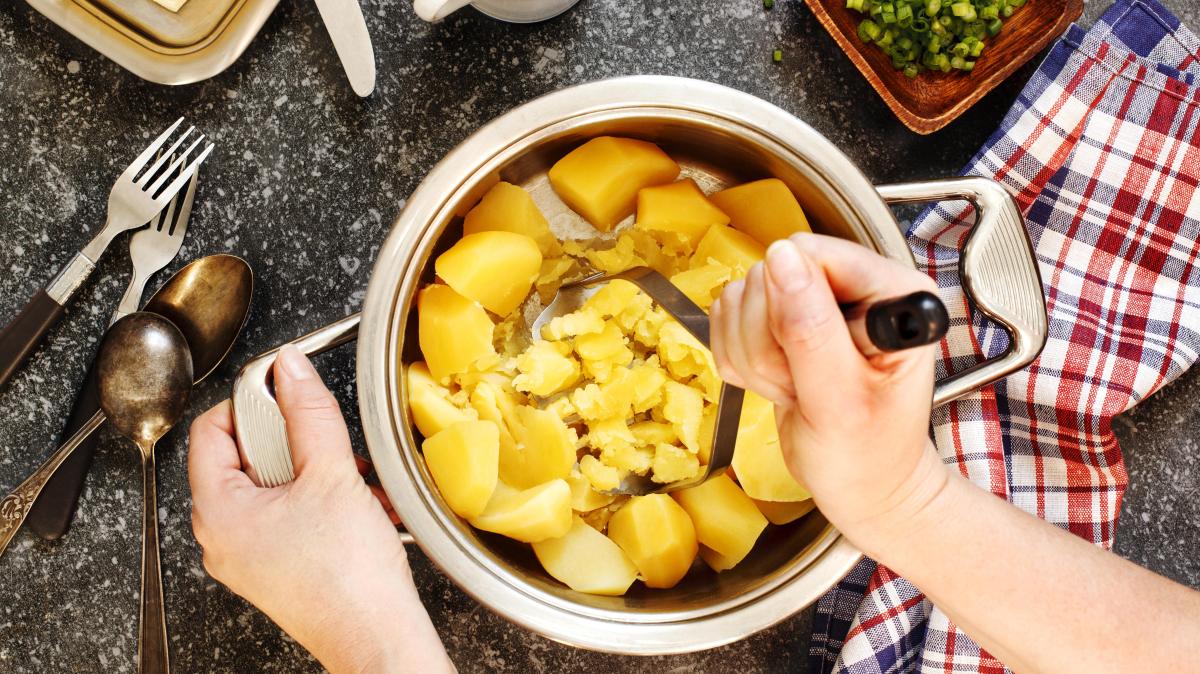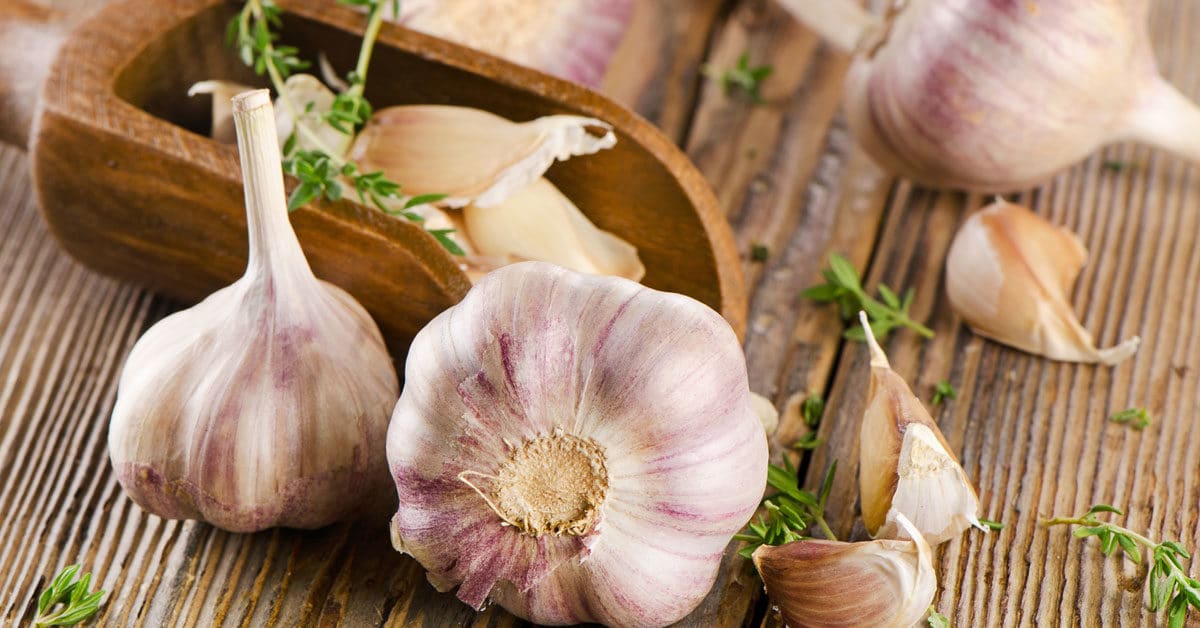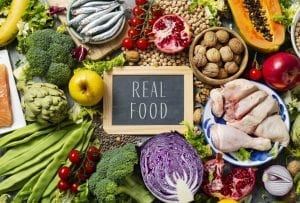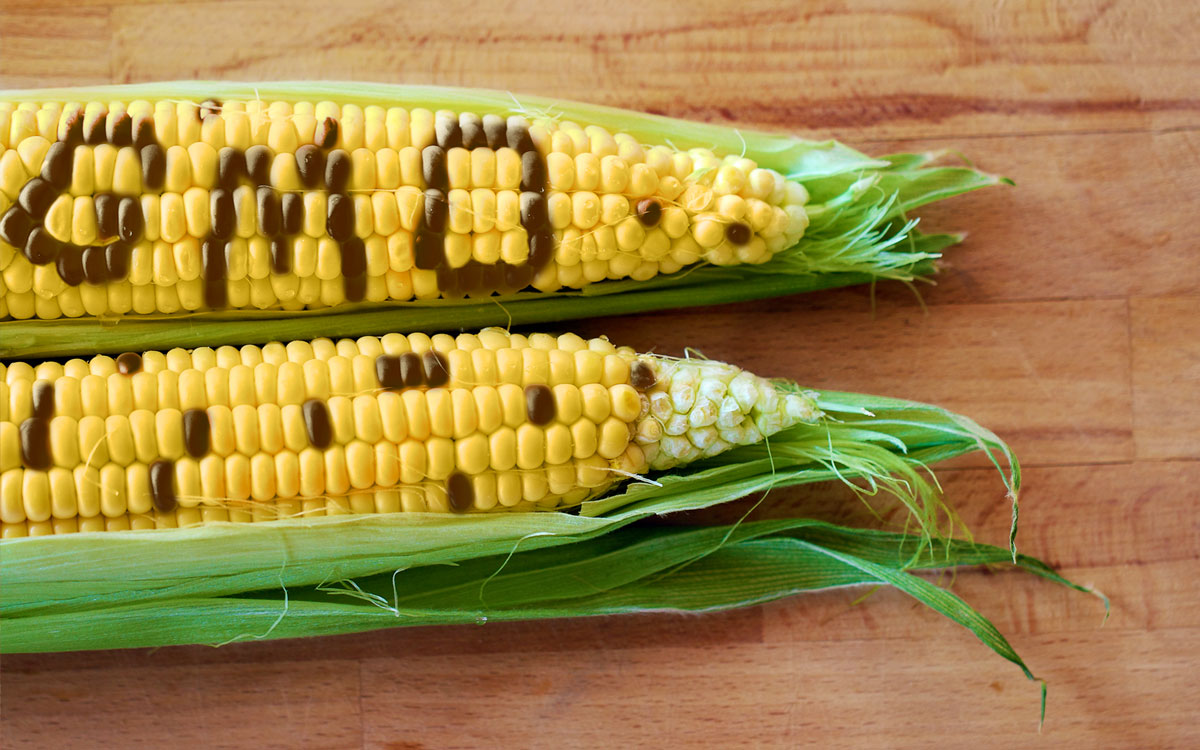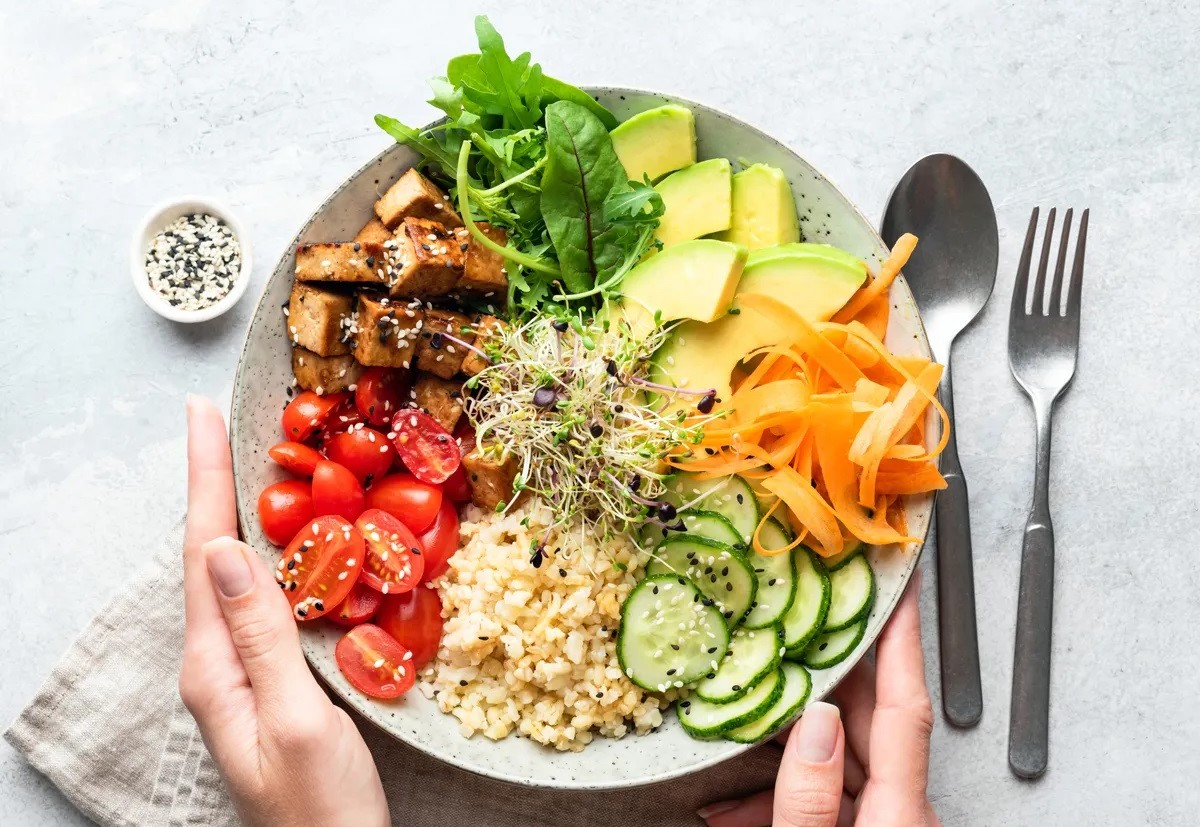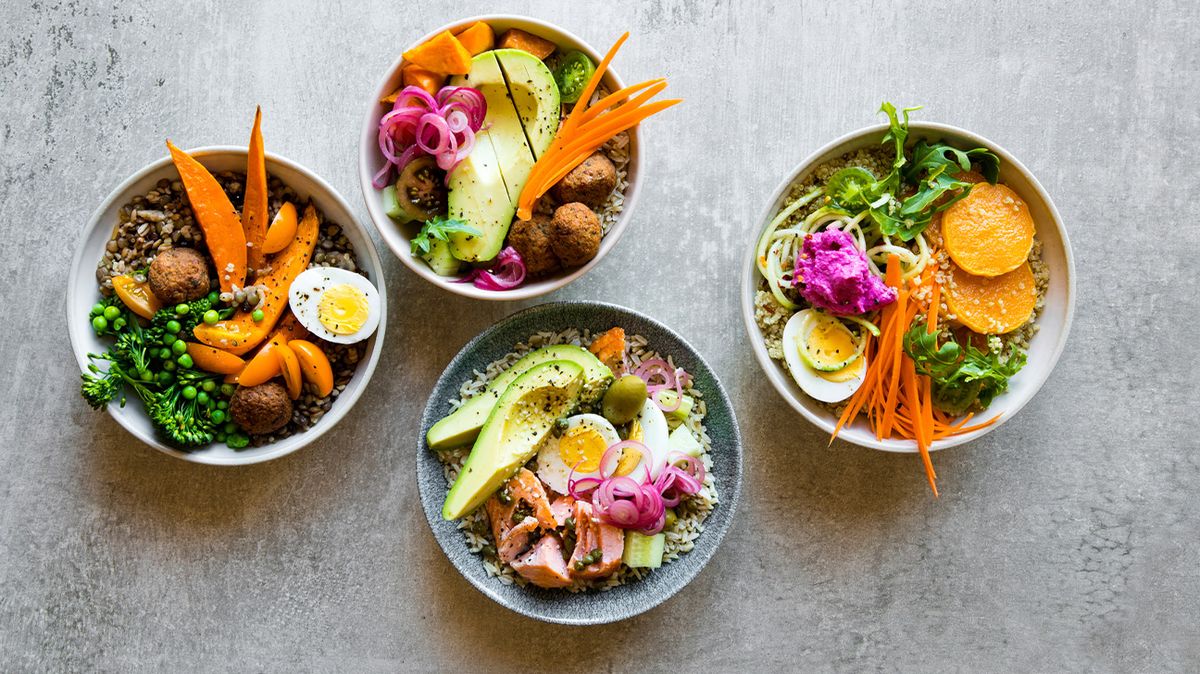How To Eat Less Processed Foods
Welcome to our guide on how to eat less processed foods! In today’s world, it’s easy to fall into the habit of consuming a high amount of processed foods. These foods are often convenient and tasty, but they can have negative effects on our health if consumed in excess. In this article, we’ll explore some practical tips to help you reduce your intake of processed foods and make healthier choices for you and your family.
Understand What Processed Foods Are
Before we dive into the tips, it’s important to understand what processed foods are. Processed foods are those that have been altered from their natural state through various methods such as canning, freezing, or adding preservatives and other additives. These foods often contain high levels of sugar, salt, and unhealthy fats, and they tend to be low in essential nutrients.
Shop the Perimeter of the Grocery Store
When you’re at the grocery store, make it a habit to shop the perimeter first. This is where you’ll find fresh produce, lean meats, dairy products, and whole grains. The inner aisles typically contain the majority of processed foods, so by focusing on the perimeter, you can naturally reduce your exposure to these items.
Read Labels Carefully
When you do need to venture into the inner aisles for items like canned goods or grains, be sure to read the labels carefully. Look for products with minimal ingredients and avoid those with long lists of additives and preservatives. Pay attention to the serving size and the amount of sugar, sodium, and unhealthy fats in each serving.
Cook at Home
One of the best ways to reduce your intake of processed foods is to cook at home as much as possible. When you prepare your own meals, you have full control over the ingredients you use. This allows you to limit the amount of added sugars, unhealthy fats, and sodium in your food while maximizing the nutritional value.
Choose Whole Foods
Opt for whole foods such as fruits, vegetables, whole grains, and lean proteins. These foods are naturally low in unhealthy additives and provide essential nutrients that are beneficial for your health. Incorporating more whole foods into your diet can help reduce your reliance on processed options.
Plan Your Meals
Planning your meals in advance can help you avoid the temptation of reaching for processed foods when you’re short on time or energy. Set aside some time each week to plan your meals and snacks, and make a shopping list based on your planned menu. This can help you stay on track and make healthier choices throughout the week.
Snack Smart
When it comes to snacking, opt for whole foods such as nuts, seeds, fruits, and vegetables. These options provide nutrients, fiber, and energy without the added sugars and unhealthy fats often found in processed snacks. Keep these items readily available so that you’re less tempted to reach for processed snacks when hunger strikes.
Be Mindful of Beverages
Many beverages, such as sodas, fruit juices, and energy drinks, are highly processed and contain added sugars and artificial ingredients. Opt for water, herbal teas, or freshly squeezed juices as healthier alternatives. These options can help you stay hydrated and avoid the empty calories often found in processed beverages.
Seek Out Healthier Alternatives
As the demand for healthier options grows, many companies are offering alternatives to traditional processed foods. Look for products that are labeled as organic, non-GMO, or minimally processed. These alternatives can provide the convenience you’re looking for without the negative health effects of heavily processed options.
Gradually Make Changes
Transitioning to a diet with less processed foods doesn’t have to happen overnight. Making small, gradual changes can lead to long-lasting habits. Start by swapping out one processed item for a whole food alternative each week, and gradually increase the number of whole foods in your diet. Over time, you’ll find that your cravings for processed foods diminish as your taste buds adjust to the flavors of whole foods.
By following these tips and making a conscious effort to prioritize whole, unprocessed foods, you can significantly reduce your intake of processed foods and improve your overall health. Remember, it’s all about making small, sustainable changes that add up to a healthier lifestyle in the long run.
Conclusion
Reducing your consumption of processed foods is a positive step towards improving your health and well-being. By understanding what processed foods are, making mindful choices at the grocery store, and prioritizing whole foods in your diet, you can take control of your nutrition and make choices that support your long-term health.

